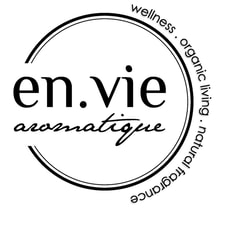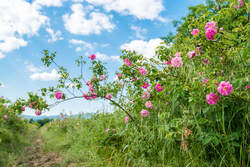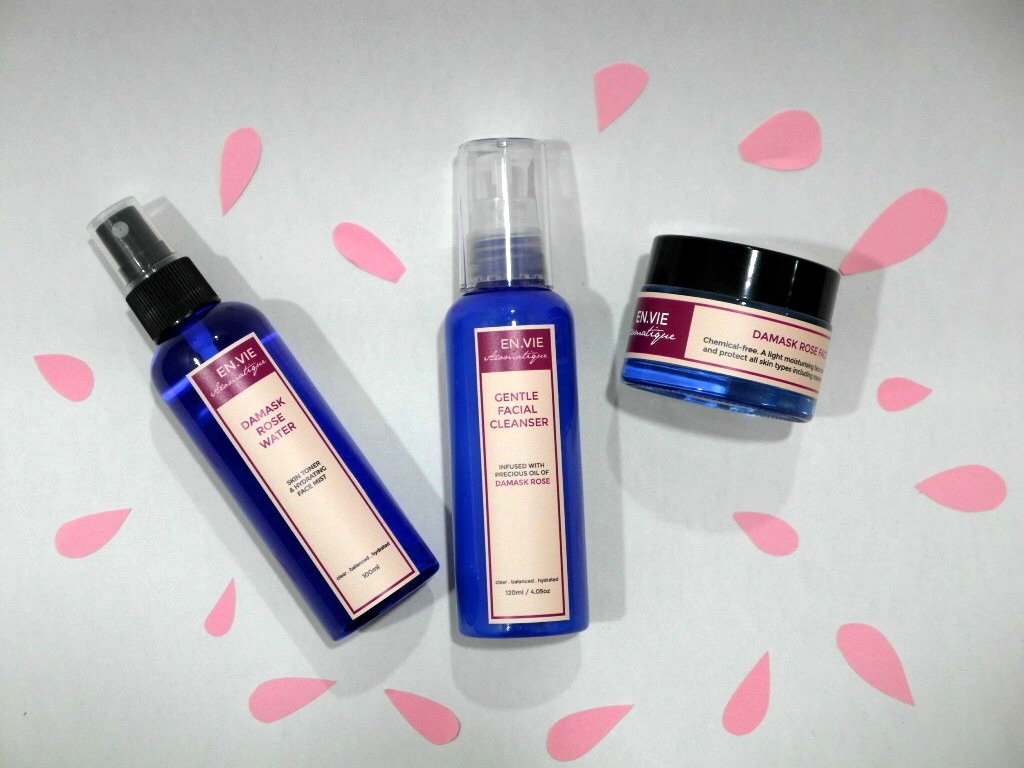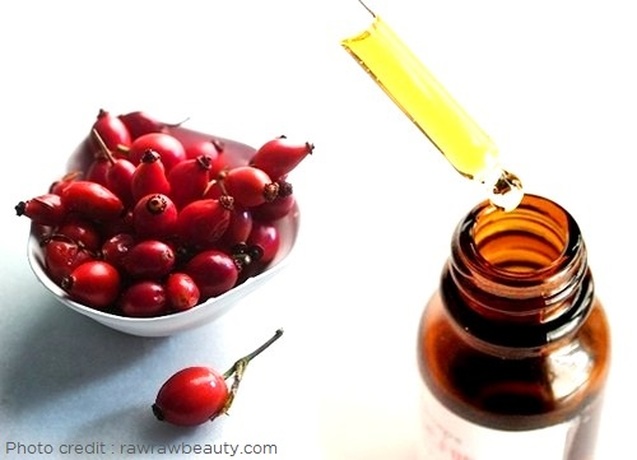The beauty market is currently saturated with tons of products, most making exaggerated claims. Consumers are getting more informed and health conscious of what they buy and use, so it's no surprise they are starting to shun mass produced skincare products and going back to old fashioned, trusted ingredients that have proven to work.
Rose oil is a highly prized ingredient used in cosmetics and skincare, much for its scent and beauty benefits. Rose oil is usually extracted from 2 types of rose - (i) Rosa Damascena otherwise known as Damask Rose, and (ii) Rosa Centifolia. which is sweeter smelling and referred to as cabbage or Moroccan rose. What about Rose Otto? Otto is also commonly used in skincare products and obtained through steam distillation, while Absolute involves a more complicated extraction process and is preferred by perfumers. Regardless of extraction method, rose oil is extremely delicate and expensive. It takes 700 kg of rose petals to produce 1 kg of rose absolute, and because of its potency, only a couple of drops is required for maximum effect.
Truly versatile, rose oil retains moisture and boost radiance, which is one of the main reasons why it is often used for all skin types. It is especially popular for sensitive/rosacea skin though, because of its astringent effects on the capillaries to reduce redness.
And rose water, as most of you know or are are using by now, is a byproduct of the distillation process of rose oil and contain antiseptic and anti-inflammatory qualities. It is best used without alcohol, preservatives or additives as a skin toner / facial mist or mixed in cleanser and mask for soothing and restorative effects.
Still unsure? One of rose oil’s key ingredients - Farnesol, contains a biological agent that stops bacteria growth and reproduction. In other words, rose oil will also inhibit acne. And for those of you blessed with good skin, spritz on some rose water and you will come up smelling of roses.
| Browse our full range of Damask Rose face care products (chemical-free) |




 RSS Feed
RSS Feed
